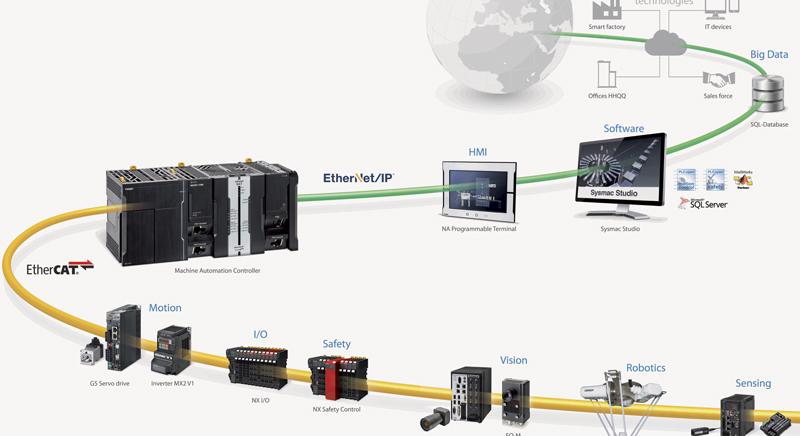By Henry Zhou
What will be the main trends for New Zealand manufacturing next year and beyond?
Can we expect to see more “smart” factories across New Zealand? Will more New Zealand businesses embrace automation and Industry 4.0 data exchange? Can we expect to see improvements in workplace safety?
The answer to all these questions is an emphatic YES.
Money is the smartest thing in the world and it can be a very accurate predictor of future trends.
Huge amounts have recently been invested globally in the following technologies:
- Artificial Intelligence (AI)
- Robotics: Opening new markets including service industries
- 3D printing: This is now being used widely in small volume and customised manufacturing – it will challenge and disrupt the traditional mass production model
- IoT: Data is becoming a key competitive advantage.
NZ manufacturers can expect a further breakdown of existing technology barriers.
This includes:
- High level programming languages to unify and simplify automation programming
- Common communication protocols
So what will this mean for manufacturers?
It means IT professionals can enter the automation field more easily. This will create a huge talent pool and bring in more creativity and rapid changes.
It also means site PLC standards will become unnecessary, opening the field for competition on true value.
Manufacturing on-shoring
And with advancements in technology and automation we can expect to see more manufacturing on-shoring. More NZ manufacturers will follow the US lead and bring their manufacturing operations back to home soil.
Automation will bring with it reduced labour costs and higher productivity. New Zealand manufacturers can expect a reduction of the labour cost ratio.
With the growth in robotics and 3D printing in NZ manufacturing plants labour costs are becoming less important in manufacturing. It’s now more important to be close to customers and close to the source of raw materials.
This presents more opportunities for developed nations like New Zealand.
China, a global leader in manufacturing, is now moving into a consumption driven economy.
The transition has opened the door to great opportunities for New Zealand’s food and beverage sector.
Increased competition
But on the other side of the coin manufacturers can expect increased competition from new players in other industries, especially ICT.
Companies like Tesla, Apple and Uber have disrupted the traditional marketplace with revolutionary ideas and sweeping changes.
We can expect to see a new business culture and new skillsets with fast and aggressive changes.
In this environment fast learners will survive and thrive, while the “resisters” will vanish.
Will automation cause widespread job losses? No. It will increase demand of high skill and well paid job to replace lower end jobs.
Business opportunities
Automation will give NZ manufacturers a competitive edge globally. It will mean access to a larger market and more business opportunities.
In the past, traditional industrial automation has not been an economically viable option for many manufacturers, but this situation is now drastically changing.
A powerful control platform, such as Omron’s Sysmac platform, can now help to reduce costs significantly.
Sysmac can run configuration, programming, and simulation, controlling, monitoring and troubleshooting for all automation equipment including sensors, vision, PLC, VSD, servo, temperature, safety and robotics.
In the past five years, the technology has improved dramatically.
Key to the future
Machine vision technology is providing the key to the future.
New machines can see things as well – if not better – than the human eye.
In the past the human muscle was replicated in manufacturing technology, but now we’re replicating the whole human.
Companies like Omron, a global leader in automation, will play a key role in reshaping the face of manufacturing in Australia in years to come.
While many plants are still using a standardisation model that was developed 20 years ago, automation technology is improving monthly.
Omron will challenge the status quo and bring in the fresh ideas to the industry by technology innovation.
A fully automated processing plant with the latest technologies and lower engineering cost can potentially deliver improved productivity and yield while reducing costs.
New Zealand manufacturers can look forward to 2017 and beyond with great anticipation.
Henry Zhou is General Manager for Omron Electronics Australia. The Omron group has more than 36,000 employers in 35 countries throughout the world. Net sales are approaching $US8 billion a year.
Omron Electronics
09 358 4400



